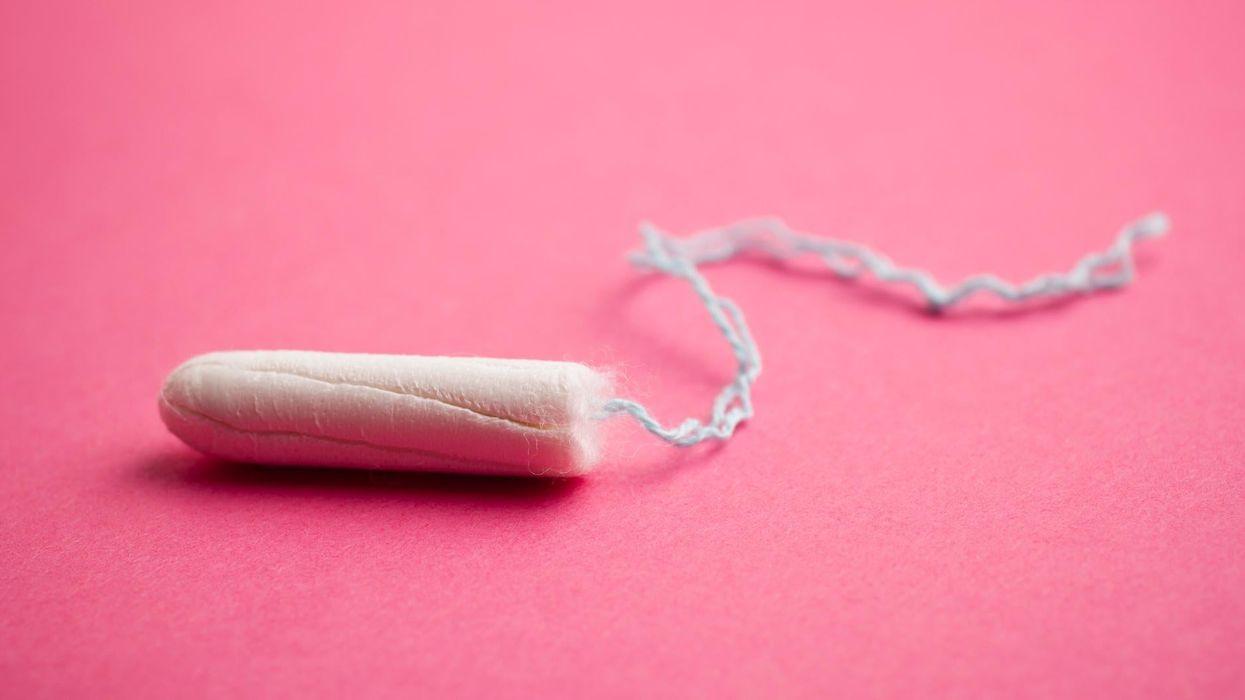News
Indy100 Staff
Jul 11, 2017

Picture:
gbrundin / iStock
In Nepal, the ‘chhaupadi ritual’ banishes women to cow sheds when they’re menstruating.
The practice of chhaupadi is part of the same caste system that controls much of society on the South Asian subcontinent. When a girl is menstruating or has just had a child, she becomes an ‘untouchable’, the caste which is at the bottom of society.
She is also banned from washing, attending school, worshipping, or touching cows in case the cow should perish.
Angering the Gods can also occur if she touches any of the males in her household, or spends time in the kitchen.
As risible as this sounds, humouring the practice has serious consequences. On 9 July Al Jazeera reported that an 18-year-old Nepalese woman was killed by a venomous snake that had slithered into the cow hut to which she had been banished, and this isn't the only fatality that has been attributed to the tradition.
The banishing of young women to huts has been illegal since 2005. Nevertheless it continues to affect nearly all young women in Nepal’s north and midwestern regions. This is not a new phenomenon, and it’s been reported in the past, but despite getting greater media attention it continues.
It's no surprise then that teenage girls are fighting back this incredibly dehumanising practice.
Restless Development
Restless Development, a youth movement with some funds from the United Nations, are trying to get the practice formally abolished.
According to the Restless Development website :
This year, the project has reached to 3790 young people and session on Sexual Reproductive Health issues and menstruation has been delivered in 18 schools of Kailali, Dadeldhura and Kanchanpur districts.
Young women have also been using imaginative forms of protest. In May, the Independent reported on a number of girls who were taking photos of all the items they were banned from touching, in a project led by WaterAid.
The practice is not restricted to Nepalese women or just Hindu worshippers. In 2012 New Scientist reported on a menstruation isolation tradition that takes place in Mali and is inflicted on Dogon women.
Berverly Strassman, of the University of Michigan in Ann Arbor, believed the tradition evolved in Mali as an attempt to monitor fertility. She suggested that men could ensure the loyalty of their partners by keeping them in huts at times they were most fertile.
HT Dazed, New Scientist
More: The country where women are sent to exile for being on their period
Top 100
The Conversation (0)













